Cool adaptations to the cold
02/25/2019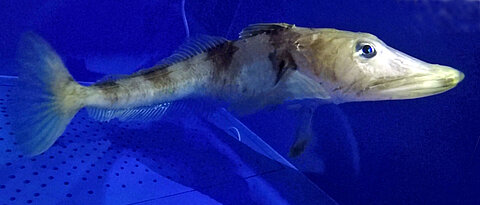
Icefish live in an environment that should be deadly for them. Scientists have now investigated how they still manage to exist there and what evolutionary adaptations they have had to undergo in order to do so.
more


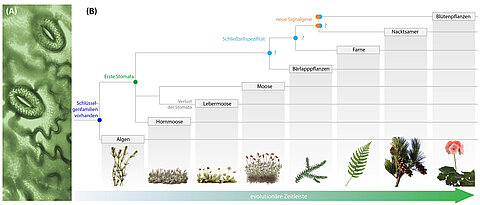
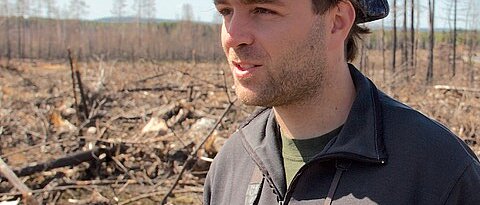
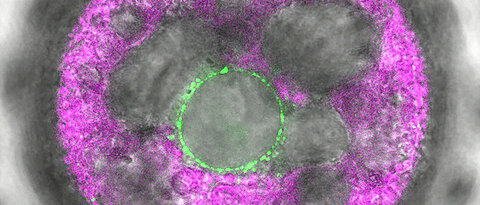
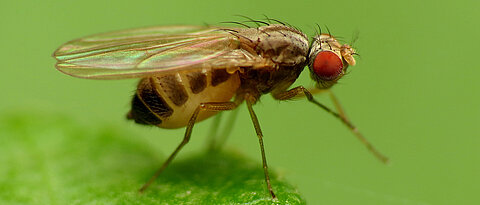
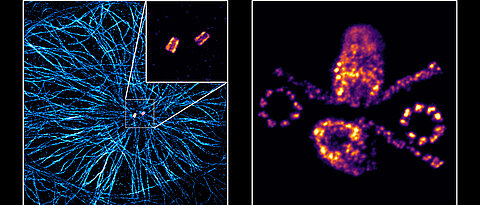
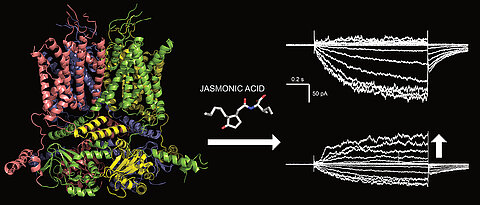
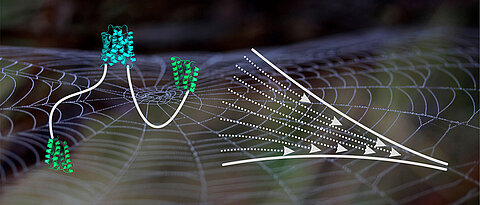
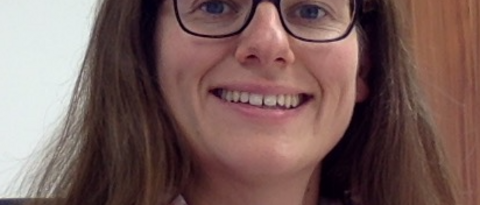
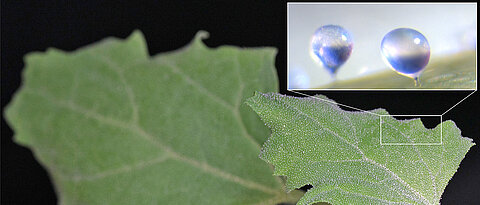

![[Translate to Englisch:] Logo Biozentrum der Universität Würzburg [Translate to Englisch:] Logo Biozentrum der Universität Würzburg](/fileadmin/_processed_/4/c/csm_logo-biocenter-480-205_8920736dd4.png)



